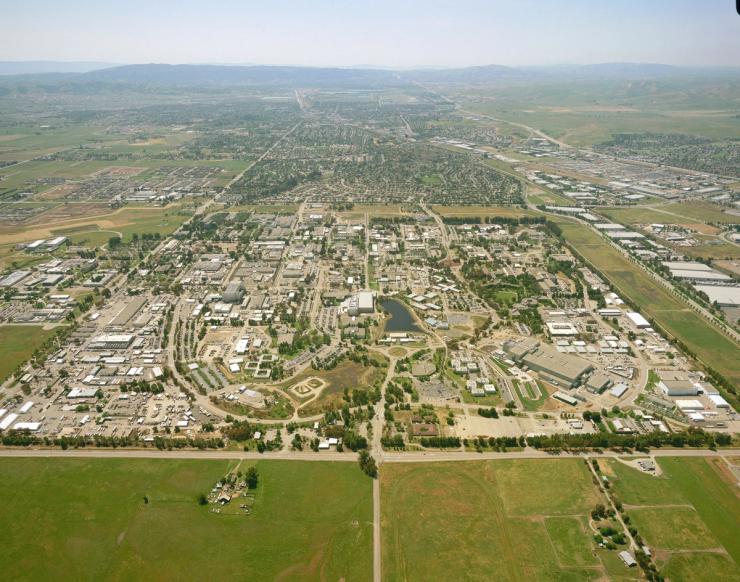The News
U.S. scientists on Tuesday announced that they have made a major breakthrough in their decades long quest for clean, cheap, and limitless energy by producing a nuclear fusion reaction that produced more energy than it took to create — or what’s called a net energy gain.
“We have taken the first tentative steps towards a clean energy source that could revolutionize the world,” Jill Hruby, the under secretary for nuclear security, said at a press conference.

In this article:
Know More
Since the 1950s, scientists across the world have been searching for ways to develop carbon-free power that would produce no radioactive waste. Fusion is that latest development -- successfully achieved by scientists at the federal Lawrence Livermore National Laboratory.
According to Hruby, the breakthrough was achieved by simulating 192 high-energy lasers to converge on a target “about the size of a peppercorn” and “heating a capsule of deuterium and tritium to over three million degrees celsius, briefly simulating the conditions of a star and achieving ignition.”
Occurring when two atoms smash into each other, fusion transforms energy from the reaction into electricity, without emitting carbon. It is considered the “holy grail” of energy production, given its benefits in combatting climate change. Fission, on the other hand, which is a process that powers nuclear plants, happens when two atoms split.
The development, which was first reported by the Financial Times on Sunday, is also a major step in the direction of providing cheap electricity to poor communities in the world, but as the Washington Post reported, it may take decades for fusion to be commercially viable.
Bill Gates, Jeff Bezos and John Doerr have invested money into companies developing fusion, according to Reuters. The Fusion Industry Association reported that private industry secured more than $2.8 billion last year.
Expert View
Michael E. Mann, a professor at the University of Pennsylvania, said while the nuclear fusion breakthrough was good news, it wouldn’t “play a significant role in decarbonizing our economy by 50% this decade.”


